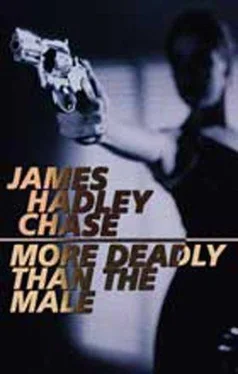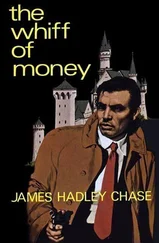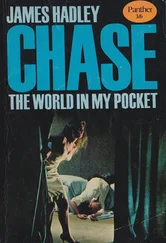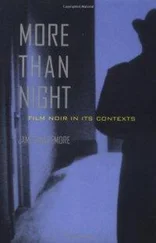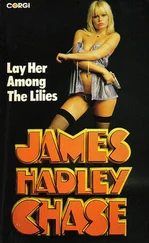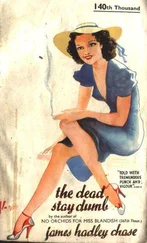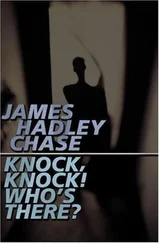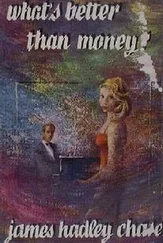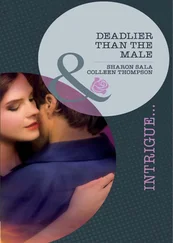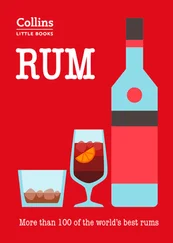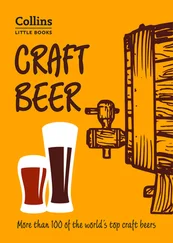He paused outside the gate and looked up and down the lane, screwing up his courage to go on.
Suppose the police were waiting for him? Suppose this silent, overgrown garden concealed a trap?
He struggled with his fears. He had to get the whip. It was worth any risk. He would he all right if he kept his head and showed them his book specimens. He would say that he had wanted a day in the country and was canvassing to make his expenses. That was a straightforward story. They would believe him. It wasn’t as if he looked like a murderer.
He drew a deep breath and pushed open the gate. It squeaked sharply, setting his teeth on edge. Again he had a powerful urge to turn back, but he forced himself on.
Cautiously, he moved up the overgrown path. In the shelter of the trees and high hedges, the garden was silent and close. The scent of clover and wallflowers was heavy in the still air.
He reached the bungalow and rapped on the door. Sweat ran down his face as he stood in the hot, sheltered porch, listening, his nerves slowly tightening
And as he stood there, a thought crept into his mind that drove the blood from his heart. Suppose Crispin answered the door? Suppose he got up from the floor and opened the door and stood before George with blood on his dressing-gown?
George hacked away, his mouth open in an idiotic grimace of terror.
He couldn’t even run away. He stood paralyzed, waiting. Nothing happened.
He fought down the panic that had seized him, conquered it and returned to the door. He rapped again.
There was no one in the bungalow except Crispin: and Crispin was dead.
George put an unsteady hand on the door-latch, lifted it and pushed upon the door. He braced himself and peered into the room. Then breath whistled between his clenched teeth, and blackness dropped like a curtain before his eyes.
He clung to the doorpost and waited. Evil-tasting bile rose in his mouth; he wanted to be sick.
Except for the furniture, the room was empty. George’s heart began slowly to pump blood back to his brain. It was some minutes before he could move again. Then he stepped into the room and stared with unbelieving eyes at the carpet where Crispin had fallen. There was no sign of murder in the room. Fearfully, George looked for the red mess on the wall. That was not there either. Was he going out of his mind? Had all the fantasies of violence that he had created in the past brought him to this? Were Sydney, Cora, Crispin and all the other nightmare people mere figments of a deranged imagination? Was it possible that the murder had happened only in his mind? He looked wildly round the room, and then he stiffened.
On the sideboard lay the whip.
There was no question about it. It was there, leather and whalebone, and the little white price ticket on the handle.
He edged forward and picked it up. He stood for several minutes gazing at it, aware that it was the symbol of his sanity.
Then, in the hush of the lonely room, above the drone of the bees and the rustle of the hollyhocks against the window, he heard voices.
Still grasping the whip, he stepped to the door and listened. A man was speaking some way off in the garden behind the bungalow.
Moving silently, in blind panic, George slipped out of the house, crossed the path and sank down on his knees under the overhanging hedge. He found a dry ditch that ran along the side of the garden, and cautiously lowered himself into it. He adjusted the leaves of the hedge so that they formed a screen over him.
He found that he had a good view of the bungalow, and he was confident that he could not be seen. He waited, his hand gripping the whip, his heart fluttering against his side. He heard the sound of feet moving through the long grass. Then round the corner of the bungalow came four people: the Hebrew barman, the two Greeks and the woman with the blonde, untidy hair.
They looked odd and somehow sinister against the background of the peace and fertility of the garden.
The Hebrew wore a double-breasted, navy-blue suit, shiny at the elbows and knees; on his head was a howler hat. The woman had on a shapeless cotton dress; its pattern of flowers had faded with constant washing. Her thick legs were hare, and blue-black veins crawled up the backs of her calves. Her feet were squeezed into a pair of high-heeled court shoes. The two Greeks were in their black suits and cloth caps. They carried spades on their shoulders, and their boots were heavy with yellow clay.
A cigarette dangled from the blonde woman’s lips. Her fat, loose face was expressionless, but the Hebrew was weeping. He did not make a fuss about his grief. Tears welled out of his eyes and ran down the wrinkles in his leathery skin. He made no attempt to wipe them away.
The woman looked at the bungalow, her eyes bleak. “Was he expecting anyone?” she asked.
The Hebrew lifted his shoulders in despair. “I know nothing,” he said. “He didn’t confide in me. I told him it was dangerous to have a lonely place like this. I told him many times.”
The woman sat down abruptly on the grass. She was only a few yards from where George was hiding. She plucked a long piece of coarse grass and began to chew it.
“Sit down. The sun will do you good.”
The Hebrew and the two Greeks sat down near her. They looked self-conscious, worried. The Hebrew still wept.
“The way you go on!” the woman said impatiently. “I’m his mother. Shouldn’t I be the one to weep?”
The Hebrew took out a handkerchief and wiped his eyes.
“You’re hard, Emily,” he said. “What a burial to give a son!”
The woman, Emily, snapped her thick forgers. “He wouldn’t mind. He didn’t believe in God. Is that what’s worrying you?” She brooded, tearing the blade of grass with her sharp teeth. “What did you expect me to do? Leave him there for the police to find? They would be crawling over us like flies on bad meat in no time. Haven’t they done enough harm?”
When he didn’t say anything, she went on. “Who do you think did it?”
“Vengeance is mine, said the Lord,” the Hebrew said, pulling at his long, straggly moustache.
“You don’t fool me,” Emily said. “I know what you’re thinking, don’t I, Max?”
“Do You?”
The two Greeks had lit cigarettes. They were not listening to this conversation. They lolled back on their elbows, their dark faces raised to the sun, their eyes closed.
But Max listened. He sat bolt upright, his long, thin legs crossed like a working tailor, his bowler hat very straight on his pear-shaped head.
“We don’t have to worry about the police,” Emily went on. “He wouldn’t have liked it. We can find out who did it, and we can settle the score, can’t we?”
Max looked across the garden. “There’s the money,” he said. “He should never have brought it here. Seven hundred pounds!”
“Stop worrying about the money,” Emily said sharply. “Is that what you’re crying about?”
“The gun worries me,” Max said, not listening to her. “A razor, yes, but a gun!… It’s someone we don’t know.”
“Well, we can find out, can’t we?” Emily persisted.
“Does the whip mean anything?”
“It must do. It’s new. Crispin wouldn’t buy a thing like that.”
There was a long pause. A bee droned across the hot garden and lighted on a hollyhock.
“Who was that girl? The one Crispin thrashed?” Emily said, plucking another blade of grass and chewing it.
“I was thinking about her, too,” Max said. “The whip might tie up with her. Do you mean that?”
“It could do. And the big man. Who was he?”
Max shook his head. “I don’t know. I’ve never seen either before. There was something odd about the way that girl behaved. She wasn’t drunk. She was faking.”
Читать дальше
